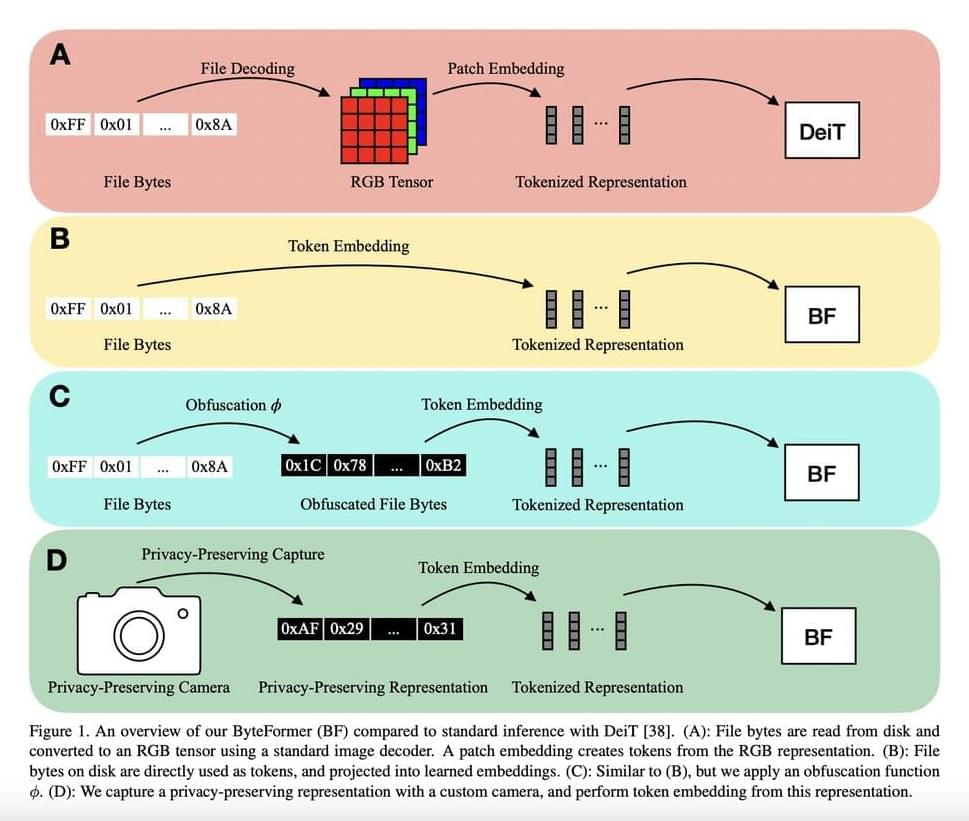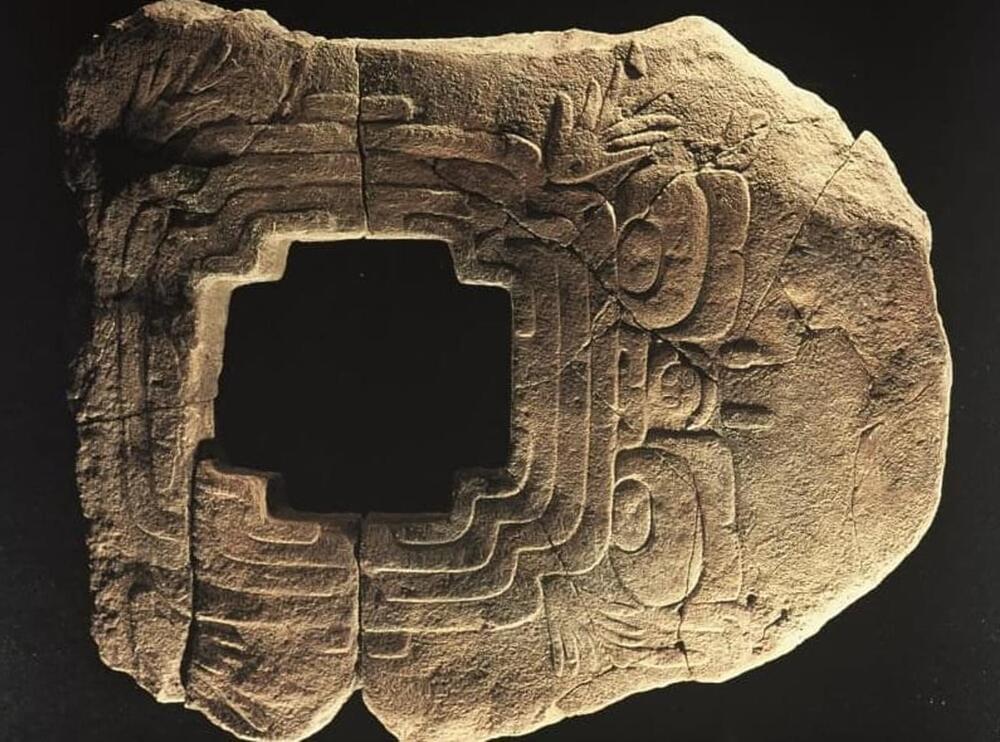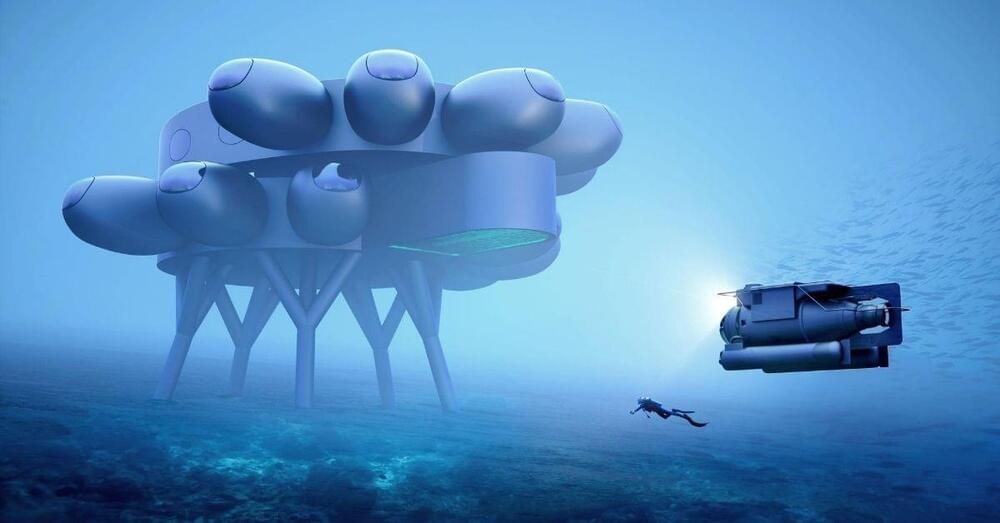One month into living under Russian occupation in northern Ukraine, Marina cycled cautiously through her village. She was five doors from her elderly parents’ blue garden gate when three soldiers ordered her to stop. Grabbing her hair, they dragged Marina into a neighbour’s empty house.
“They forced me to strip naked,” the 47-year-old said, picking at the skin around her fingernails. “I asked them not to touch me, but they said: ‘Your Ukrainian soldiers are killing us’.”
Marina paused, wiped her tears and tried to steady her shaking hands. “They were shooting their guns inches away from my head so I couldn’t move or run,” she said. “Then they started raping me.”
Weeks after a Ukrainian town is liberated, its civilians are visited by sexual violence prosecutors and asked an indirect question: “Did the Russians behave?”
The answers have been harrowing; men’s genitals have been electrocuted, women forced to parade naked, and children as young as four orally raped.
The use of rape in war has existed for as long as there has been conflict. It’s used to terrorise and degrade a community, and has been committed in 17 ongoing conflicts around the world. Yet although it is deemed a war crime under international law, it mostly remains undisclosed and hidden under layers of stigma and fear.







